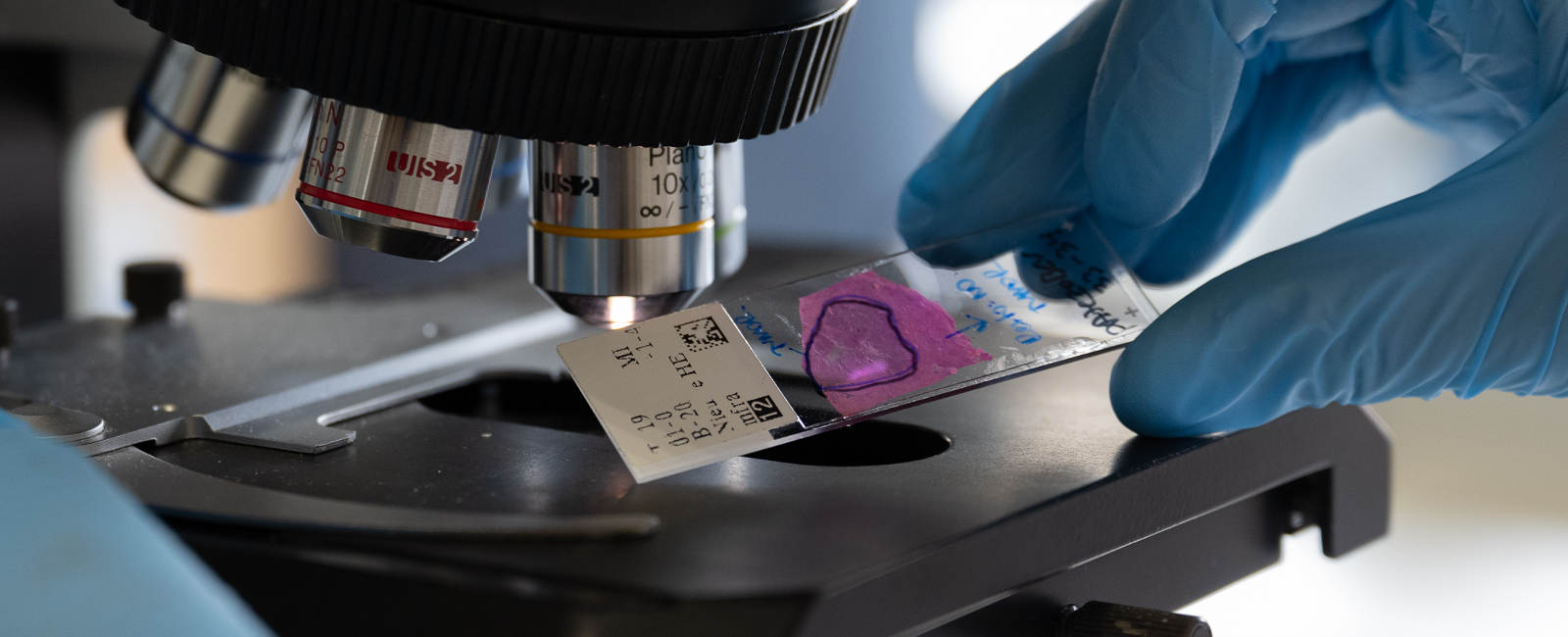
BBVA Foundation – Hospital Clínic Barcelona Joan Rodés – Josep Baselga Advanced Research Contracts Awarded
The BBVA Foundation – Hospital Clínic de Barcelona Advanced Research Contracts are aimed at specialists in the Health Sciences, with experience in research, who wish to further their scientific specialization by undertaking a specific project related to the Campus Clínic’s strategic lines of research: biological aggression and response mechanisms; liver, digestive system and metabolism; oncology and haematology; respiratory, cardiovascular and renal biopathology and bioengineering; and clinical neuroscience.
13 May, 2024
The evaluation committee of the BBVA Foundation-Hospital Clínic de Barcelona Joan Rodés-Josep Baselga Advanced Research Contracts 2023, met via videoconference on 15 April 2024 and, following the criteria established in the terms and conditions of the call published in December 2023, decided to award the contracts to:
Project selected in Clinical Neuroscience:
“Advanced MRI and AI-Driven prognostics in smoldering Multiple Sclerosis: Developing a comprehensive methodology for evaluating and predicting disease progression”
Multiple sclerosis is characterized by pathogenic mechanisms leading to neuroaxonal damage from the onset of the disease, also called latent MS. The main aim of this project is to identify a risk signal by integrating imaging metrics, including magnetic resonance imaging and optical coherence tomography with biological metrics to determine precisely a series of significant markers using artificial intelligence and to formulate a prognostic tool capable of predicting clinical outcomes with regard to disability risk.
Researcher: Alberto Calvi, postdoctoral researcher at the Hospital Clínic Barcelona Research Foundation-August Pi i Sunyer Biomedical Research Institute (FRCB-IDIBAPS).
The contract is worth €300,000 (€100,000 per year for three years)
Project selected in Oncology and Haematology:
“Deciphering the effect of endocrine therapy and CDK4/6 inhibitors in early Estrogen Receptor Positive Breast Cancer on the molecular phenotypes for biomarker discovery and immunotherapeutic opportunities”
CDK4/6 inhibitors have transformed the treatment of breast cancer, in particular as a first-line treatment for estrogen receptor-positive/HER2-negative and metastatic breast cancer and as adjuvant therapy for selected patients with high-risk early breast cancer. The aim of the project is to identify the mechanisms of resistance to standard treatment, thus generating hypotheses for personalized treatment, including de-escalation approaches and additional immunotherapeutic agents.
Researcher: Milana Arantza Bergamino Sirvén, clinical research fellow at the Catalan Institute of Oncology (ICO).
The contract is worth €300,000 (€100,000 per year for three years)
Evaluation committee
The evaluation committee was presided over by Antoni Castells, healthcare director of the Hospital Clínic de Barcelona; and its members included: Michela Bertero, director of Strategy at the August Pi i Sunyer Biomedical Research Institute (IDIBAPS); Emilio Bouza, professor in the Department of Medicine at the Complutense University of Madrid and Professor Emeritus in Healthcare in the Autonomous Community of Madrid at the Gregorio Marañón University General Hospital; Paola Bovolenta, director of the Severo Ochoa Molecular Biology Centre, CSIC-UAM; Juan Carlos García-Pagán, deputy director of Research and Innovation at the Hospital Clínic de Barcelona; José M. Mato, director general of the CIC bioGUNE and the CIC biomaGUNE; Josep Rodés, director of Research and Innovation at the Hospital Clínic de Barcelona; Raquel Sánchez-Valle, medical director of the Hospital Clínic de Barcelona; Isabel Varela, full research professor at the Sols-Morreale Biomedical Research Institute (CSIC–UAM) and president of the Spanish Society for Biochemistry and Molecular Biology (SEBBM); José Luis Zamorano, head of the Cardiology Service at the Ramón y Cajal University Hospital.
